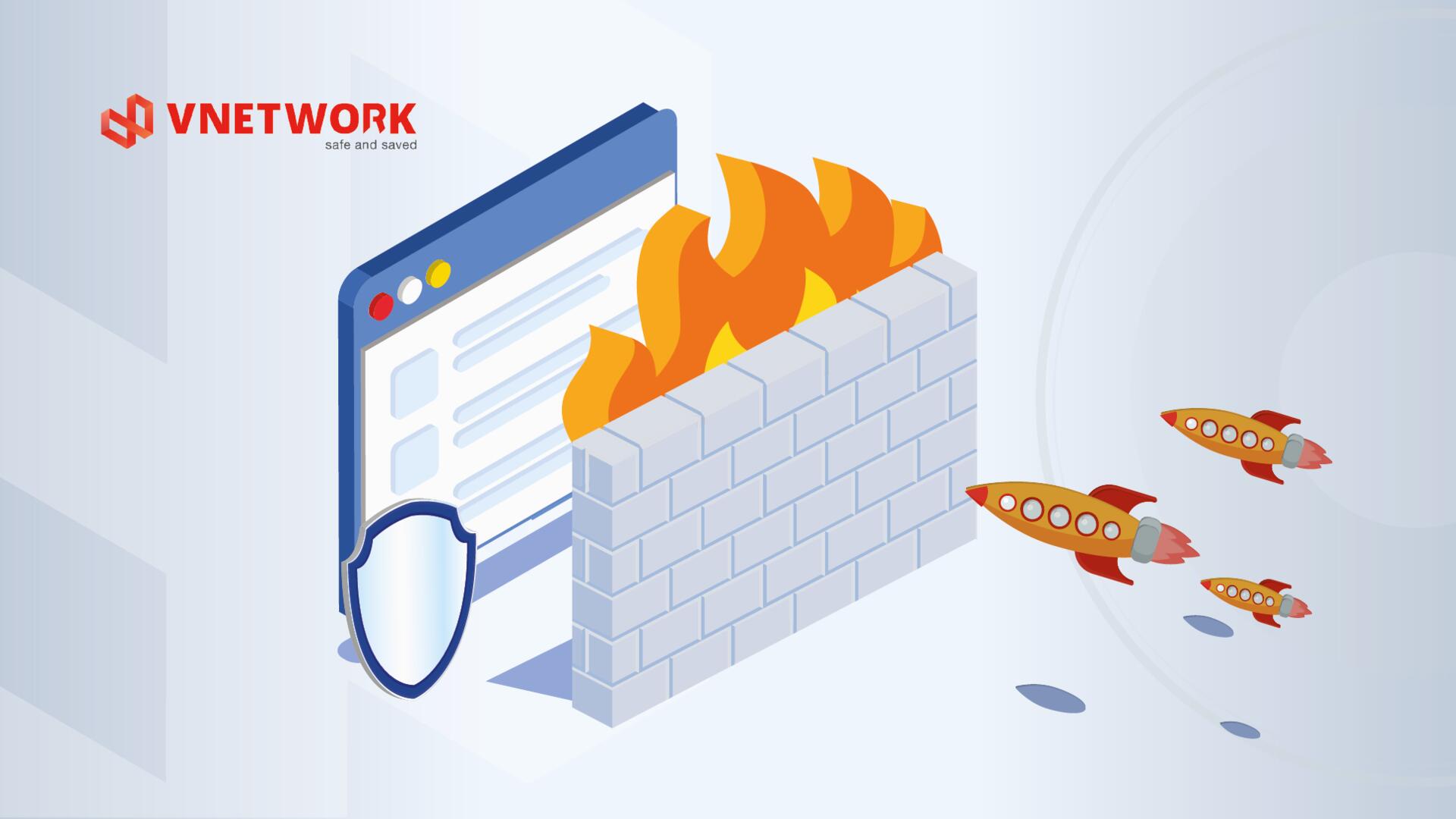“What is website security?” are common questions businesses have when it comes to managing and protecting their websites. To better understand website security, let’s better understand what website security is with VNETWORK and comprehensive ways to secure websites.
What is website security?
Website security is an important task in ensuring website safety against cyber attack threats. The main goal of website security is to ensure the safety and availability of information, protect user privacy, and prevent intrusions, attacks or harm to the system. This will help ensure the safety of the website during operation and use.
In order for a website to operate smoothly and effectively to resist attacks from hackers, webmasters need to build a security system and check the status of businesses website periodically.
What is website security?
Why do businesses need website security?
Building website security is absolutely right when approaching cybersecurity, especially when the website is one of the most important digital assets. When a website is attacked by a security layer can cause many unfortunate consequences:
-
Websites are stolen data, leaking personal information of customers or important information related to the business (business strategy, business information,…)
-
Business activities on the website are interrupted
-
Negatively affect the SEO ranking of the website (Keywords lost Google rankings, articles dropped from the top rank,…)
-
Loss of prestige, adversely affecting the image of the business in the eyes of customers
-
Unable to continue advertising campaigns associated with the website
Effective and comprehensive website security solutions
Account security settings for website administrators
- Enhanced password security
For the best account security, the administrator’s password needs to be changed periodically. The simultaneous creation of passwords combining numeric, alphanumeric, uppercase and special characters will help bring a strong password and avoid security vulnerabilities in website administration.
Enhanced password security
- Limit the number of incorrect password attempts
To avoid the case that people want to hack web administrators rights through manual password detection, administrators should set a limit of5 attempts to enter access passwords to the website admin account so that when the wrong number of times is exceeded, the administrative login feature will be temporarily locked.
- Enable Two-factor authentication (2FA)
In case hackers want to attack your website by distributing malicious code or phishing, the website will still be safe if you turn on 2-step login authentication.
This requires an additional element such as authentication codes sent to individual web administrator’s mobile phones to ensure that only they can access the admin account.
Enable Two-factor authentication
Website security using HTTPS/SSL certificates
SSL (Secure Sockets Layer) security protocol is a leading and widely recognized technology security standard today. This standard aims to ensure the privacy and integrity of data transmitted between the server and the user’s browser.
When businesses install SSL certificates for their websites, this helps customers to feel secure and trust in the security of the website when accessing, ensuring that all information and data exchanged between the website and customers have been encrypted, thereby reducing the risk of theft or bad interference.
Installing an SSL certificate for a website allows the use of the HTTPS protocol to establish a secure connection channel to the server. HTTPS ensures that users are interacting with the website privately and securely. This prevents an intruder from being able to intercept or alter the content that the customer is viewing, nor from being able to mimic the customer’s login activities on the website when using an HTTPS connection.
Find more information about SSL here
Website security using HTTPS/SSL certificates
Make sure your software is always up to date
All platforms and programs installed on the computer must be kept upgraded. Hackers frequently attack popular internet software, and applications must be updated to address security flaws. Each software used must be regularly maintained and updated.
Automatically back up information
Maintain regular backups of the website. If the site is unavailable or data is lost, create a backup copy of all the files on your site. Although web hosts regularly back up their servers, businesses should back up their own files.
Use Web Application Firewall (WAF)
Web Application Firewall is an effective additional layer of security that keeps a website’s server safe from common attacks such as XSS, SQL injection, or DDOS. The task of a website firewall is to find and block traffic if it seems malicious to ensure that no data can enter or leave the website without being checked first.
Find more information about WAF here.
Use Web Application Firewall (WAF)
Secure database protection
The databases, programs, and plugins on the site are all potential access points for hackers. To keep your website free of outdated files, databases, and applications, administrators should delete them regularly. Arranging the file structure allows administrators to maintain control over modifications and eliminates the need to recover deleted files.
VNIS - Comprehensive website protection solution
VNIS provides comprehensive website security and anti-DDoS solutionsfor businesses. Relying on Cloud WAF technology combined with AI and Machine Learning to control and prevent security vulnerabilities, unauthorized data collectors, especially security holes in the top 10 OWASP. With the ability to integrate multiple CDNs into a giant Multi CDN, the global CDN bandwidth is up to 2600 Tbps, helping to optimize transmission performance and effectively fight attacks of all kinds.
If you want to experience acomprehensive website security solution, contact us immediately for consulting support via hotline: (028) 7306 8789.






